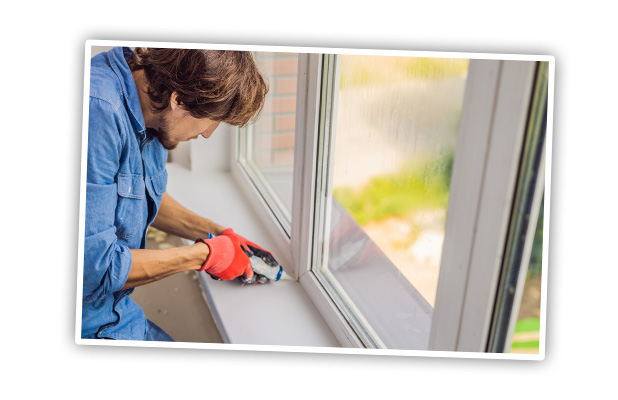Keep your home warm and your family safe this winter by reviewing these secondary heat source safety recommendations and taking preventative steps to avoid an accident.
ELECTRIC SPACE HEATERS:
- Only use space heaters that have UL or FM tested and approved listed on their labels.
- Position at least 3 feet away from anything combustible such as curtains, furniture, bedding, and decorations during the holiday season. Never place clothing, hats, or mittens on space heaters to dry.
- Turn off space heaters when leaving the room or going to sleep.
- Ensure your space heater has an automatic safety shut-off switch that turns it off in the event the heater tips over.
- Avoid using extension cords or power strips with your space heater, and do not plug multiple space heaters into the same outlet.

WOOD/PELLET STOVES & FIREPLACES:
- Stoves/fireplaces, chimneys, flues, and exhaust pipes should be cleaned and serviced annually by a professional.
- Allow ashes to cool completely and use a non-combustible metal container to dispose of ashes.
- Do not vacuum ashes with a household vacuum.
- Only burn dried and seasoned wood in your fireplace/wood stove. Refer to the manufacturer’s instructions and only burn the recommended pellets in your pellet stove.
- During the holiday season, use caution and position all decorations at least 3-feet away from your stove/fireplace.
GENERAL HOME HEATING & COST SAVING TIPS
- Ensure forced air heating system vents are open and rearrange furniture to prevent blocking vents.
- Reversing your fan blades and running your ceiling fans will aid in circulating warm air in the room.
- Enroll in a payment plan with your fuel delivery provider. Avoid high winter heating bills by spreading payments out over the year.
- Never use a stovetop or oven as the main heat source for home heating.
- Install extra insulation in areas such as the attic where drafts and air infiltration are noticed.
- Have your furnace serviced annually by a professional and install new air filters annually (if applicable) to keep it running as efficiently as possible.
- Never use gasoline or kerosene heaters indoors.
- Lowering your thermostat 7-10 degrees when away from home for long periods of time can help save on heating costs, but avoid lowering your thermostat below 60°F to prevent frozen pipes in the event of a power outage or sudden cold snap.
- Seal windows and doors with weatherstripping or door sweeps.
- Always have working fire extinguishers accessible and test smoke and CO detectors monthly.